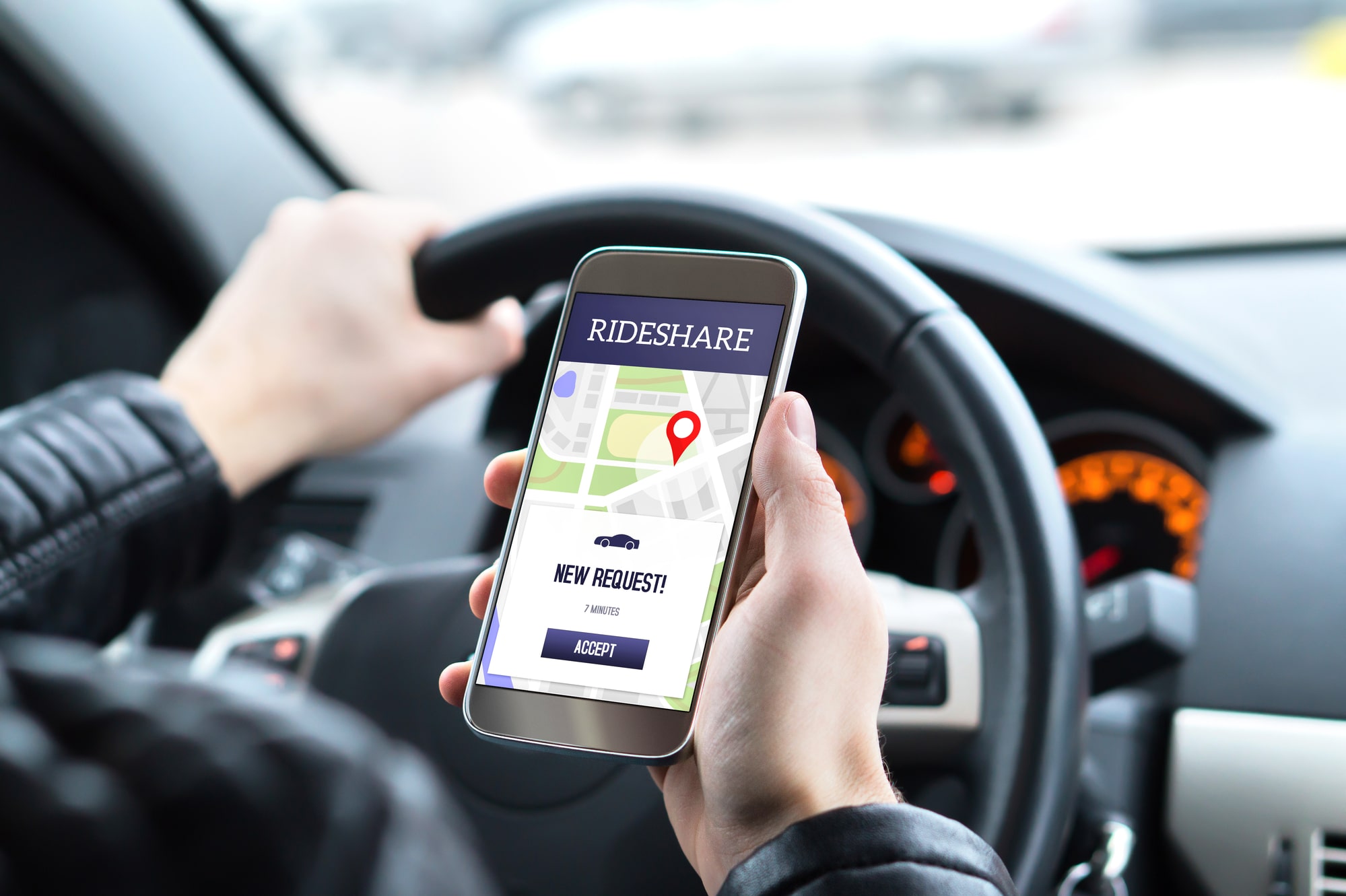If you’ve ever been involved in a car accident, you know how stressful and overwhelming the aftermath can be. When the crash involves a rideshare vehicle—like one operated through Uber or Lyft—it can bring up different legal questions and procedures compared to a standard auto collision. At Kiefer & Kiefer, we represent people who have been hurt in both kinds of accidents and understand how important it is to know what sets these incidents apart.
Involvement Of Multiple Insurance Policies
In a typical car accident, each driver has their own insurance policy, and claims are usually filed between those two carriers. With rideshare accidents, however, there can be more than one policy involved. The rideshare driver may have a personal auto policy, and the rideshare company may also provide coverage—depending on what the driver was doing at the time of the crash. If the driver was not logged into the app, only personal insurance may apply. But if the driver was on the way to pick up a passenger or had someone in the vehicle, the rideshare company’s commercial coverage may come into play. Determining which policy applies often depends on the trip status at the time of the collision.
Driver Status Affects Liability And Coverage
A key difference in these cases is that liability and insurance coverage may shift based on the driver’s app activity. This is something we don’t typically see in a regular car crash. In rideshare claims, whether the driver was offline, waiting for a ride request, or actively transporting a passenger can all impact how a claim is handled. Each of these stages corresponds with different insurance limits, which can make it harder to figure out who should pay for damages.
Rideshare Companies Classify Drivers As Independent Contractors
Another important factor is how drivers are classified. Rideshare drivers are generally considered independent contractors, not employees. This distinction can affect whether the company itself is held responsible for the accident. In most standard car crash cases, an employer may be held liable if an employee causes a crash while working. With rideshare services, it can be more difficult to directly involve the company unless specific conditions are met. We often need to investigate the company’s policies, training practices, and any history of prior incidents involving the driver.
Evidence Collection Can Be More Involved
Rideshare accidents often require collecting more information than a regular accident. App data, ride logs, GPS tracking, and company records may be necessary to understand what happened. In contrast, traditional car crashes rely more on physical evidence, eyewitness statements, and police reports. In rideshare cases, digital evidence can play a major role in determining fault and coverage. We help clients gather this information when it’s relevant to their case.
Injured Passengers May Have Additional Options
When you’re a passenger in a rideshare vehicle, you may have different legal options than someone hurt in a regular crash. Since you weren’t operating either vehicle, you may be able to file claims against multiple parties—such as the rideshare driver, another involved driver, or even the rideshare company’s insurer. This can create more opportunities for compensation, but it also requires a careful review of all available insurance policies.
If you’ve been injured in a rideshare-related crash, it’s helpful to work with someone who understands how these cases differ from ordinary car accidents. If you’re looking for our New Orleans, LA rideshare accident lawyer, our team at Kiefer & Kiefer is here to support you. Contact us today to set up a free consultation and get clear answers about your legal options.



